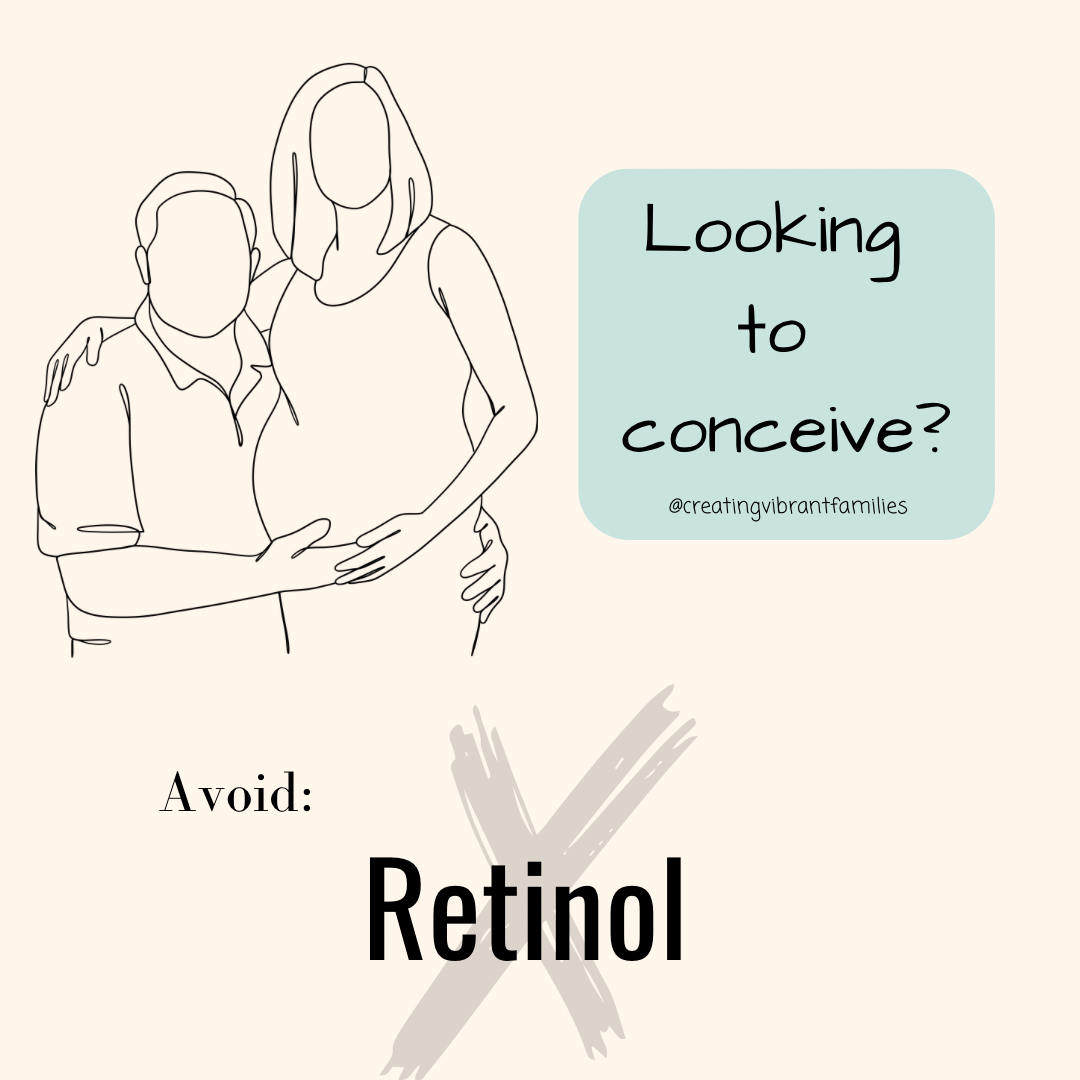Understanding the Impact of Retinol, Sun Exposure, and Skin Health
As we delve into the crucial considerations for reproductive health, it's essential to explore the intricate relationship between retinol, sun exposure, and overall well-being. Recent studies, particularly in animals, have shed light on the potential acceleration of photocarcinogenic effects when retinol, specifically retinyl palmitate, interacts with sunlight. In this blog post, we'll examine these findings and how they impact not only skin health but also broader aspects of reproductive wellness.
Understanding Retinol:
Retinol, also known as vitamin A1, is a fat-soluble vitamin that plays a crucial role in maintaining healthy vision, skin, and immune function. While it is an essential nutrient, its synthetic form, often found in skincare products and certain dietary supplements, raises concerns when it comes to reproductive health.
Retinyl Palmitate and Sun Exposure:
Retinyl palmitate, a common synthetic form of retinol, has been a key ingredient in various skincare products due to its perceived benefits for skin health. However, recent animal studies have raised concerns about its interaction with sunlight. Researchers have found that when applied topically, retinyl palmitate can speed up the photocarcinogenic effects of the sun, potentially contributing to the development of skin tumors and lesions.
Animal Studies and Photocarcinogenic Effects:
Animal studies involving the application of retinyl palmitate followed by exposure to ultraviolet (UV) radiation have demonstrated an increased risk of skin damage. The combination of retinyl palmitate and UV exposure appears to enhance the formation of skin tumors and lesions compared to exposure to UV radiation alone.
Implications for Skin Health:
While these findings are from animal studies and may not directly translate to humans, they underscore the importance of being mindful of skincare ingredients, especially when planning for pregnancy. As the skin is the body's largest organ and a crucial barrier to environmental factors, understanding how ingredients like retinyl palmitate interact with sunlight becomes paramount.
Impact on Reproductive Health:
Several studies suggest a link between excessive vitamin A intake, including retinol, and potential adverse effects on fertility and early pregnancy. High doses of retinol have been associated with an increased risk of birth defects. Therefore, individuals planning to conceive are advised to be mindful of their retinol intake. For individuals seeking to conceive, maintaining optimal reproductive health involves a holistic approach, including skincare choices. Considering the potential effects of retinyl palmitate in conjunction with sun exposure, it becomes advisable to explore alternative skincare options, especially if planning to spend extended periods in the sun.
In the journey toward parenthood, every aspect of health, including skincare choices, plays a role. Acknowledging the findings from animal studies regarding retinyl palmitate and sun exposure encourages individuals to make informed decisions about their skincare routine. While more research is needed to fully understand the implications for human health, the precautionary principle suggests erring on the side of caution, particularly when considering the potential impact on reproductive health. As always, consulting with healthcare professionals and adopting a balanced approach to skincare and overall well-being contributes to a healthier and more informed path to parenthood.


